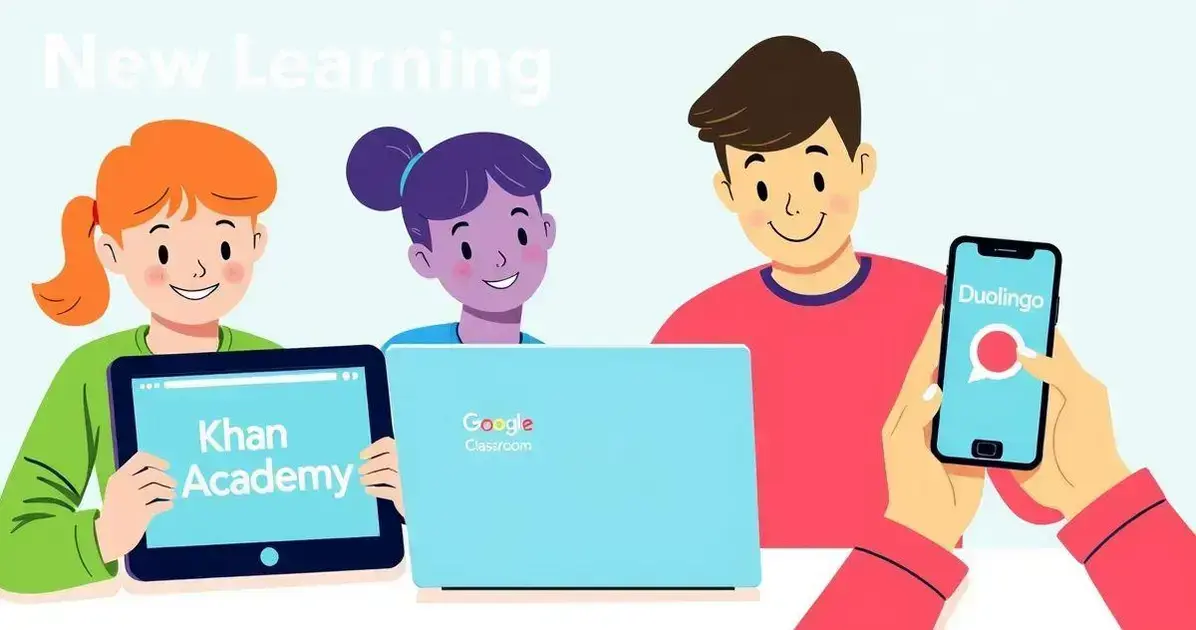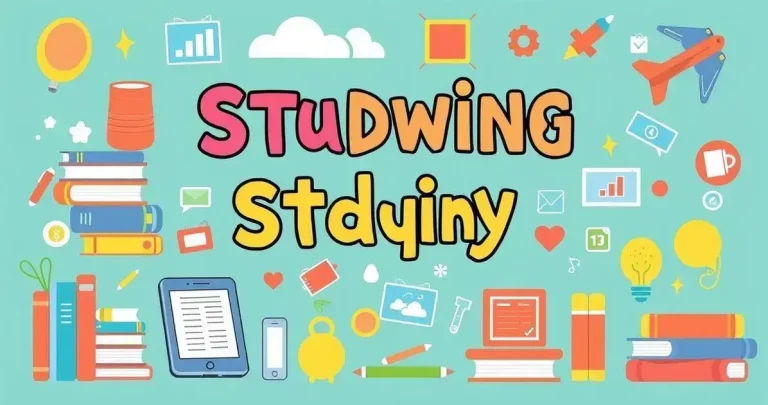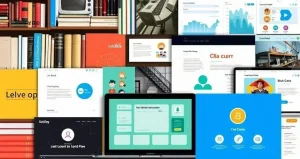Anúncios
Learning tools play a crucial role in enhancing our understanding and retention of new information.
As we navigate through various educational landscapes, effective study techniques can significantly impact our success.
In this digital age, we have a myriad of resources at our disposal.
Anúncios
Types of Learning Tools
There are many types of learning tools available today that can help students succeed.
Some popular options include educational apps, online courses, and interactive websites.
Each of these tools offers unique features that make studying more enjoyable and effective.
Anúncios
Another useful category of learning tools includes physical resources like textbooks, flashcards, and study guides.
These items can provide structured information and serve as great companions to digital tools.
Combining both digital and physical resources can enhance the learning experience.
Finally, many students benefit from collaborative learning tools such as group study sessions and discussion forums.
These types of tools encourage teamwork and conversation, allowing learners to share ideas and insights.
By using a mix of these learning tools, students can find the best methods that work for them.
Benefits of Using Learning Tools
One of the biggest benefits of using learning tools is that they make studying more engaging.
When students use apps or interactive websites, they often feel more motivated to learn.
These tools can turn a dull study session into an exciting experience, helping to maintain focus and interest.
Another advantage is that learning tools can provide instant feedback. Many educational apps offer quizzes that show results right away.
This helps students understand what they know and what they still need to work on.
This immediate tracking can boost confidence and guide study strategies effectively.
Finally, learning tools promote flexibility in studying. Students can access resources from anywhere—at home, in a cafe, or even on the go.
This freedom allows them to study at their own pace and find the best times that work for them.
This flexibility can lead to improved knowledge retention and understanding.
Top Learning Tools for Students

Some of the top learning tools for students include apps like Khan Academy and Quizlet.
Khan Academy provides free courses and practice exercises in many subjects, making complex topics easier to understand.
Quizlet allows students to create flashcards and play learning games to help them memorize important information.
Another great tool is Google Classroom, which lets teachers organize lessons and assignments in one place.
This platform helps students stay on track with their tasks and collaborate with classmates on group projects, making learning more organized and fun.
Lastly, platforms like Duolingo and Grammarly also stand out as essential tools.
Duolingo makes learning new languages easy and enjoyable through gamified lessons.
Grammarly assists students with writing by checking grammar and punctuation, helping them become better writers without feeling stressed.
How to Choose the Right Learning Tools
When deciding how to choose the right learning tools, start by considering your own learning style. S
ome students prefer visual aids, while others learn better through reading or listening.
By knowing what works best for you, you can select tools that match your needs and make studying more effective.
Next, think about your goals and subjects. Different tools excel in different areas.
For instance, if you want to improve your math skills, an app focused on math practice would be suitable.
Look for tools that have positive reviews and have been proven to help other students achieve similar goals.
Lastly, don’t be afraid to try out different tools. Many learning tools offer free trials or basic versions.
This way, you can test which ones resonate with you before committing.
Giving a range of tools a chance will help you discover the perfect fit that enhances your study techniques.
Integrating Learning Tools into Your Study Routine
Integrating learning tools into your study routine can greatly enhance your educational experience.
Start by selecting a specific time each day dedicated to studying. During this time, use different tools like apps, videos, or flashcards to cover various topics.
Mixing up your resources keeps your study sessions fresh and interesting.
Next, create a plan that combines both traditional and digital resources.
For example, you might read a chapter from a textbook and then follow it with an interactive quiz on a learning app.
This combination helps reinforce what you’ve learned and solidifies your understanding of key concepts.
Finally, set goals for each study session using the tools you’ve chosen.
Whether it’s completing a certain number of practice problems or mastering a new vocabulary set, having clear goals will help you stay focused.
Track your progress with tools that allow you to see how much you’ve improved over time, making your study routine both effective and rewarding.
Learning tools are essential for improving study techniques and making education more effective.
They come in various forms, such as apps, websites, and physical resources like textbooks.
Each type of tool offers unique features that can appeal to different learning styles, helping students find what works best for them.
Using learning tools allows students to engage with material in interactive ways.
For example, educational games can make practicing math skills fun, while flashcards can help memorize vocabulary.
These engaging experiences keep students motivated and interested, leading to a deeper understanding of subjects.
Moreover, learning tools often provide immediate feedback, making it easier to see what needs improvement.
Whether it’s results from a quiz or suggestions on how to enhance writing skills, this quick feedback loop helps students adjust their study habits.
As a result, they can learn more efficiently and effectively.
Conclusion
Learning tools have revolutionized how students engage with education, turning learning into a more interactive, flexible, and personalized experience.
By combining digital platforms with traditional resources, learners can stay focused, receive instant feedback, and deepen their understanding across a wide range of subjects.
Selecting the right tools that align with individual learning styles and academic goals enables students to study more efficiently and with greater confidence.
As educational technology continues to advance, embracing these tools isn’t just helpful—it’s essential for achieving academic success and building strong, lifelong learning habits.
Unlock your full potential—Online School offers flexible and exciting learning opportunities you can access from anywhere!







